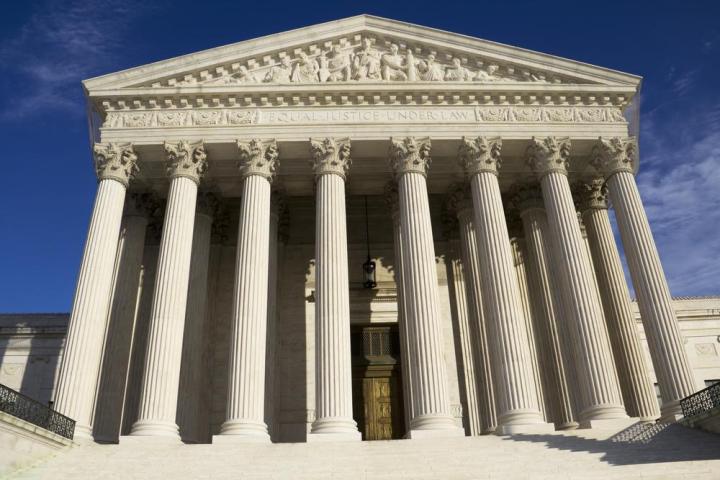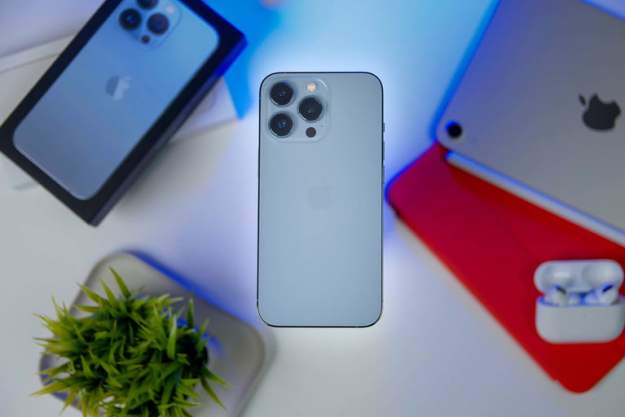
The outcome of Oracle v. Google, as the case is known, has wide-ranging implications for software development. At issue is whether Google’s incorporation of 37 Java APIs — lists of publicly-accessible functions in software that programmers can use to build things — in Android are “fair use,” or sufficiently transformative enough that copyright rules don’t apply. Oracle says they aren’t — it alleges that APIs, like a book or movie or TV show, are specific enough to copyright. Google argues otherwise, asserting that APIs are merely ideas, not dictum, for interacting with a type of software.
Oracle, ideally, is seeking a license from Google for its use of Java APIs. Although Java is an open source programming language and Google gives its Android operating system away for free, Oracle contends that, like a trademarked logo on a bumper sticker, it’s entitled to payment when companies make use of its intellectual property. It’s an argument not entirely without merit — Google, Oracle notes, is the only major commercial user of Java technology that doesn’t have a license. (The Dalvik virtual machine, the engine responsible for running
If Oracle prevails, the precedent isn’t too difficult to imagine: “free” software could become basically useless to developers who refuse to fork over usage fees. Projects like Linux would be on the hook for any APIs which duplicate functions in commercial software. Cloud computing storage platforms could be at risk — many are based heavily on APIs developed by Amazon. And open frameworks that supply tools as simple as dialogue windows, menus, and buttons for apps could justifiably shutter access to developers who don’t pay the de facto subscription.
In light of the Supreme Court’s decision, the case returns to a lower court where both sides will argue the “fair use” issue — the appeals court in May ruled that the Java APIs had an “overall structure, sequence, and organization” unique enough to warrant intellectual protection. Whether the court will buy the conceit of Google’s defense — that programming languages like Java are “open and interoperable” — this time around is unclear, but there’s a lot riding on the final judgement. In a brief submitted to the court, the Electronic Frontier Foundation writes that a ruling in favor of Oracle could give companies holding API copyrights “unprecedented and dangerous power” over developers.
Editors' Recommendations
- Expansive Google Pixel 6 leak confirms facial recognition, new Pixel cases
- The best Google Pixel 4a cases and covers
- The best Google Pixel cases and covers
- The best cases on sale for your new iPhone 11, Galaxy S10, and Google Pixel 4
- French court case against Valve may have serious implications for games sales

